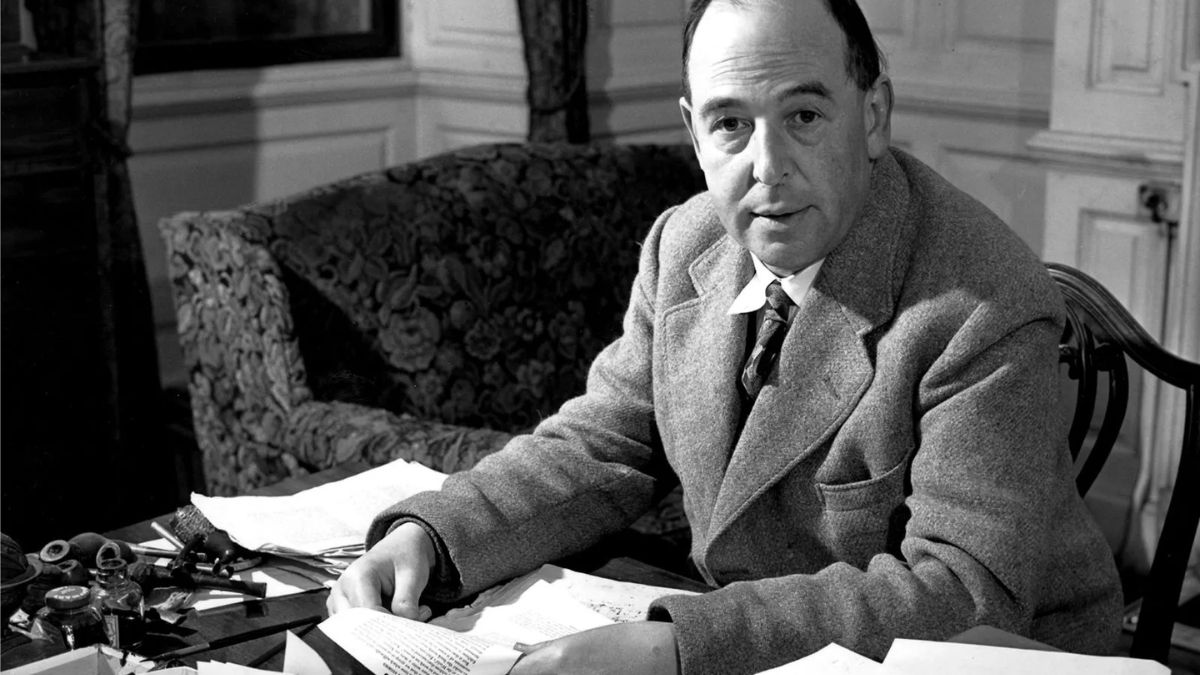


What many hoped a year ago would be a relatively minor inconvenience of a month or two turned into a rolling pandemic that left deep and lasting scars on American society. Here are just some of the impacts on the national landscape since the advent of COVID-19:
- Half a million people dead (with the virus listed as a direct or contributing factor);
- Endless and wearying battles and discussions over masks, social distancing, and vaccines;
- Alarming spikes in suicide and depression;
- An exploding murder rate;
- A one-year plunge in overall life expectancy, with minorities and the poor faring even worse;
- A marked deterioration in chronic health and mental health conditions;
- Sudden unemployment, a contracting economy, and thousands of businesses thrown into bankruptcy;
- The ubiquitous and oft-stressful phenomenon of working from home;
- Frightening increases in domestic violence;
- Millions of Americans struggling to pay their bills;
- Parents, particularly those with lower incomes, who fear their children are falling behind at school because of virtual classrooms;
- Churches forced to justify their existence and meet virtually; and
- Flagship Christian colleges required to make deep budget cuts to stay afloat.
These brutal challenges, and more, have made any talk of getting “back to normal,” at least for the foreseeable future, just so much wishful thinking. As we emerge blinking, grieving, and bruised into our new post-pandemic reality, we’re struggling to adjust to a half-unseen “new normal.” Political positions after the election and impeachment have hardened, conspiracy theories abound both inside and outside the churches, and Christian teaching on human sexuality is openly flouted or under attack. In some ways, the future appears grim.
But there is another way to look at our situation. Last year I called the pandemic “the Great Interruption,” and surely it was that and more. For those of us who didn’t die, it was more like a near-death experience. From a higher vantage point, we could almost look down and see our bodies on the operating table, a light beckoning us at the end of a dark tunnel.
But for whatever reason, we were sent back. But for what?
One thing is sure. This present crisis reminds us that there are no “ordinary” days. Each is priceless. In a sense, we have been raised from death, called to live purposefully in place of those who didn’t make it. Whatever our past failings or missteps, let’s consider this a fresh start, a time to get it right.
In the 1991 movie City Slickers, the character named Phil (played by Daniel Stern) has been contemplating suicide. His marriage has come crashing down thanks to his infidelity, and his future seems hopeless. Yet his lifelong friend Mitch (Billy Crystal) offers him a chance at a fresh start.
“My life is over!” Phil moans. “I’m almost 40 years old, and I’m at the end of my life!” Mitch looks him in the eye and says, “You remember when we were kids, and we were playing ball, and we hit the ball over the fence out of bounds, and we yelled, DO OVER? … Your life is a do over. You’ve got a clean slate.”
It’s almost as though the Lord, after COVID, is giving us a clean slate, a chance to do it all over again. We who have escaped death have been resurrected, in a sense. Now is our opportunity to “walk in newness of life.” But let’s not waste it. The “appointed time has grown very short” and “the present form of this world is passing away.” Each day is precious. Nothing is promised to us.
So where to start? While I hope that we can all agree that “Man’s chief end is to glorify God, and to enjoy him forever,” our do overs will look different for each of us, depending on God’s calling. Here are some possibilities.
Relationships. For some, the do over will involve the painful and humbling process of mending our relationships with friends, family, co-workers, or neighbors. You might need to repent or apologize—or, what’s even harder, forgive. “If possible, so far as it depends on you, live peaceably with all.”
Word. Get to know the Bible as if your life depends upon it—because it does. “Your word is a lamp to my feet and a light to my path.”
Speech. Share the gospel. Yes, it will be harder than in previous generations, but Christ is still the answer to the world’s deepest needs. Be faithful. Take a stand. Don’t give up. “Always be prepared to give an answer to everyone who asks you to give the reason for the hope that you have. But do this with gentleness and respect.”
Service. Get out of your comfort zone and serve people who are poor, hurting, and different from you. “Therefore, my beloved brothers, be steadfast, immovable, always abounding in the work of the Lord, knowing that in the Lord your labor is not in vain.”
Vocation. Is God calling you to a do over in your career? A more challenging ministry? If so, don’t fear, but make the necessary preparations and step out in faith. Attempt great things, expect great things. The past is the past. This is a new day. “So Peter went over the side of the boat and walked on the water toward Jesus.”
Priorities. Live with heaven in mind. Resolution No. 22 of Jonathan Edwards captures this holy passion: “Resolved, to endeavor to obtain for myself as much happiness, in the other world, as I possibly can, with all the power; might, vigor, and vehemence, yea violence, I am capable of, or can bring myself to exert, in any way that can be thought of.”
Friends, we’ve been given a do over. Let’s make it count.
Stan Guthrie is the author of God’s Story in 66 Verses. His latest book is Victorious: Corrie ten Boom and The Hiding Place.














